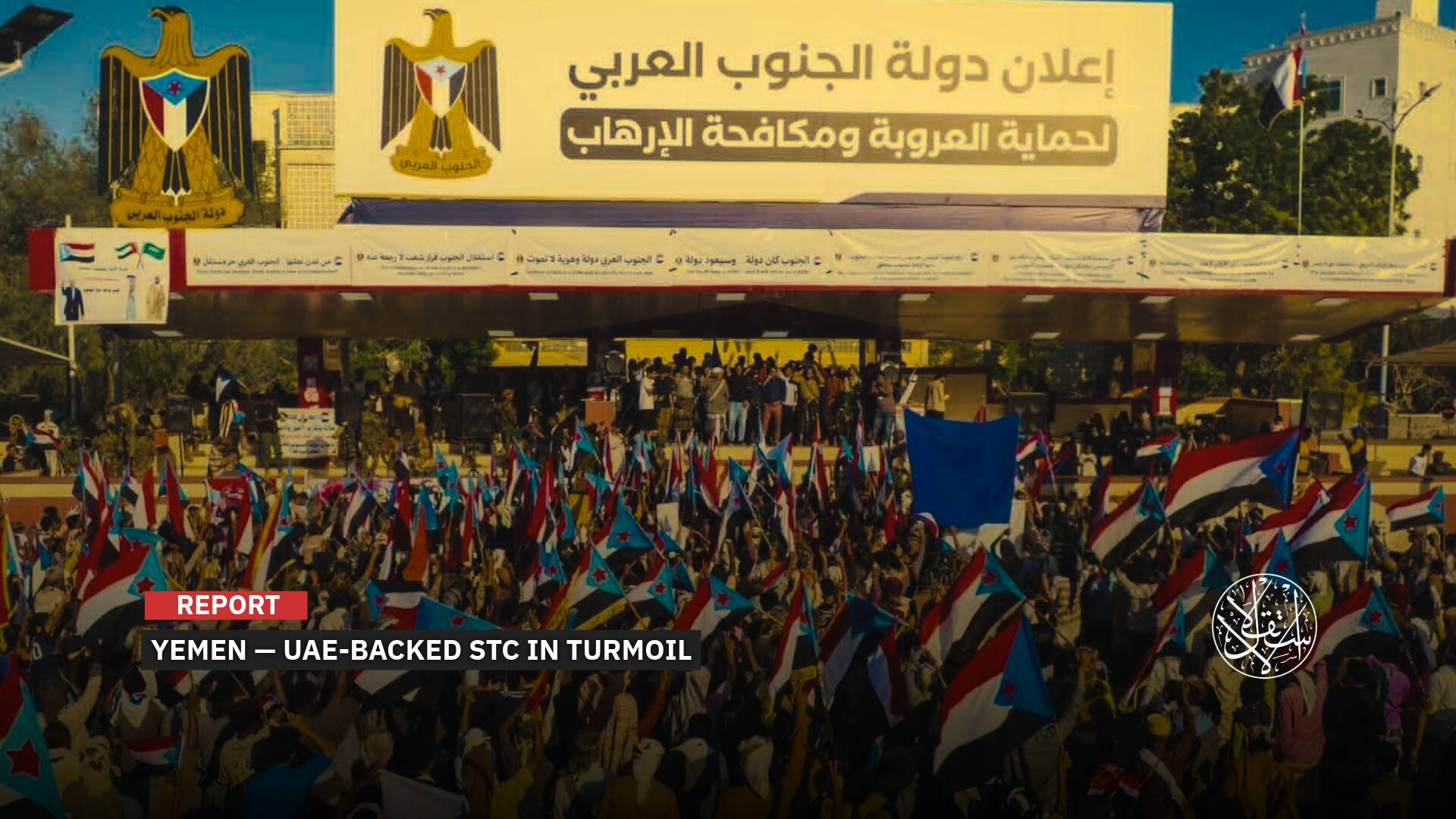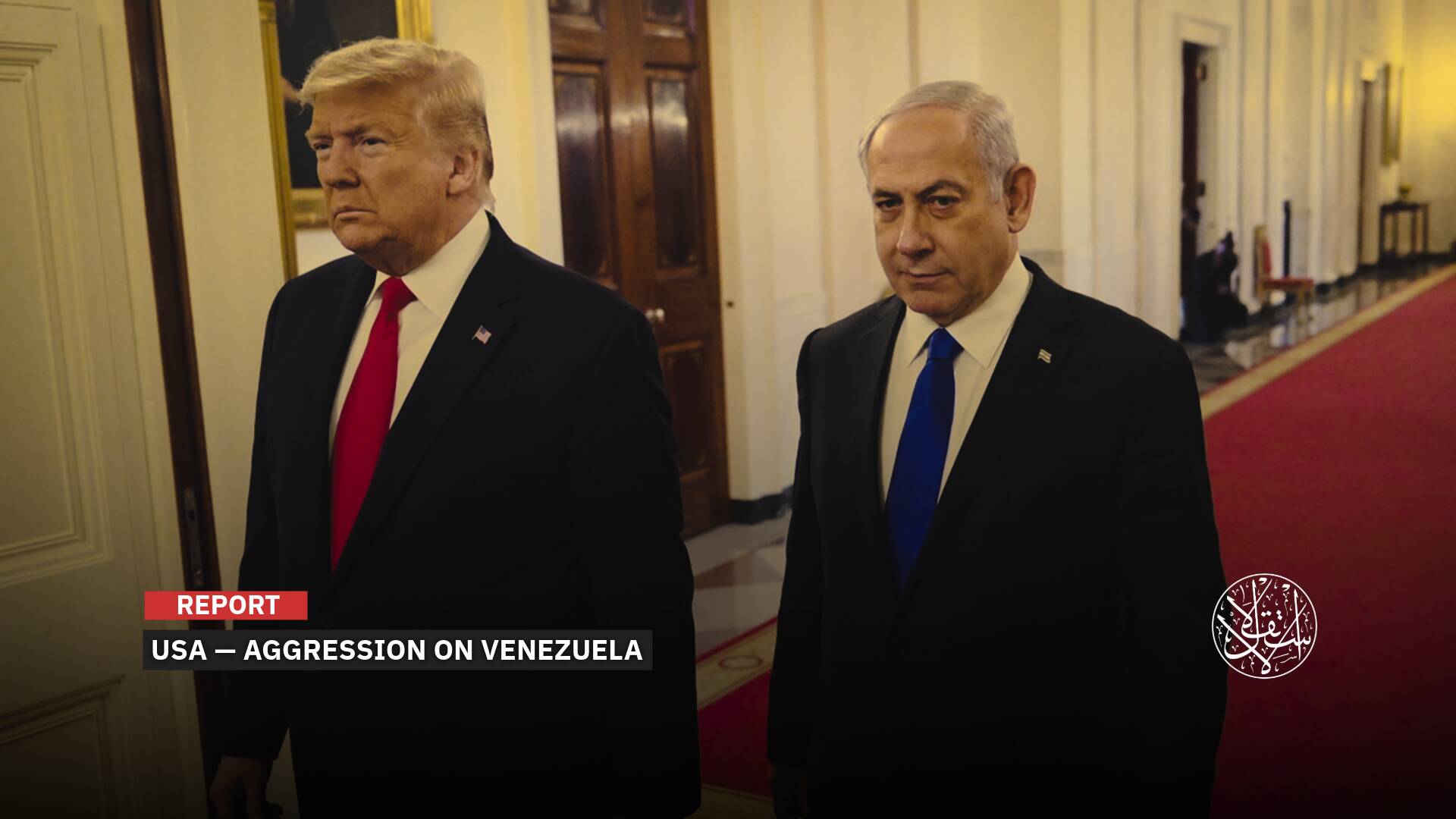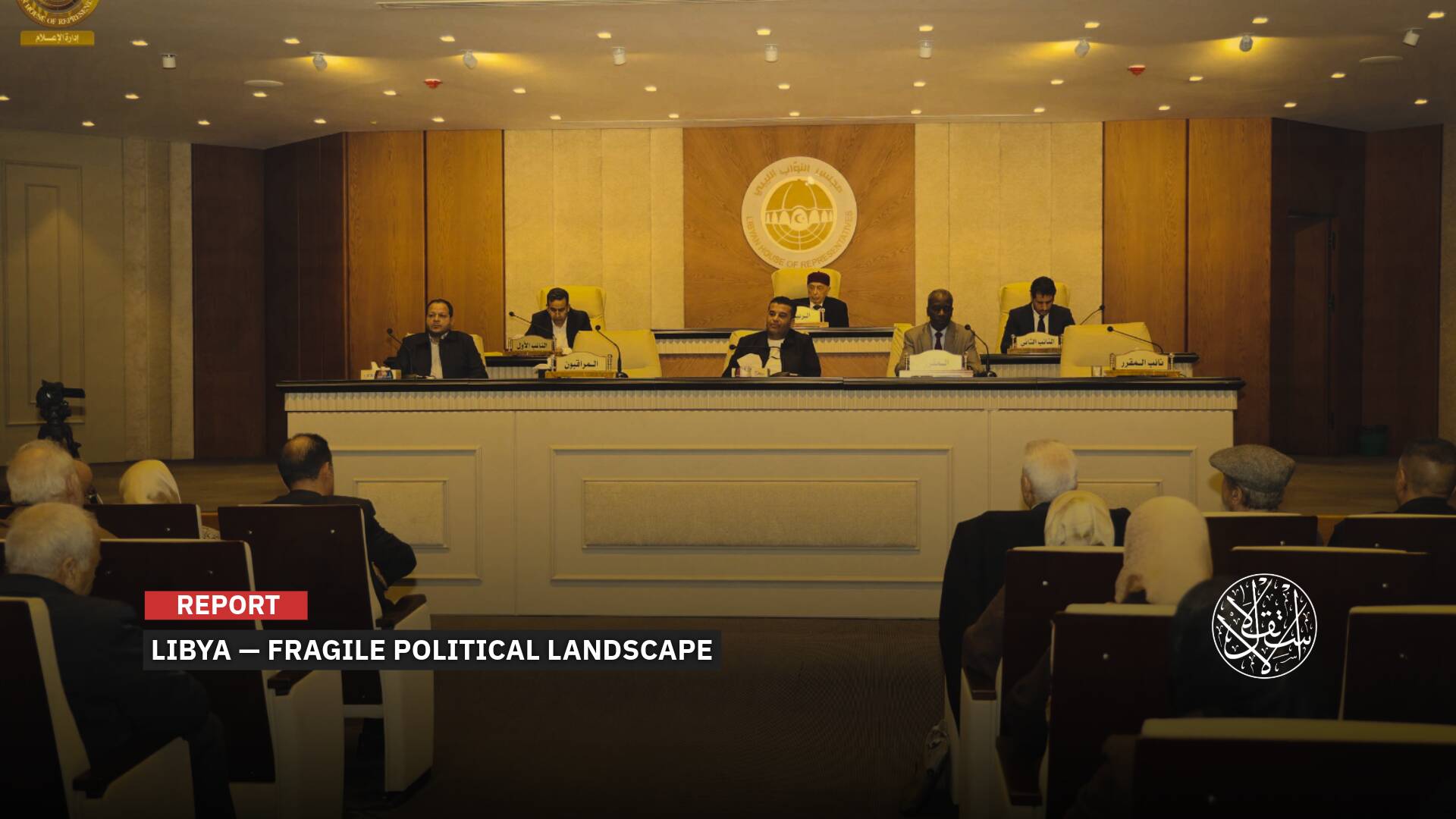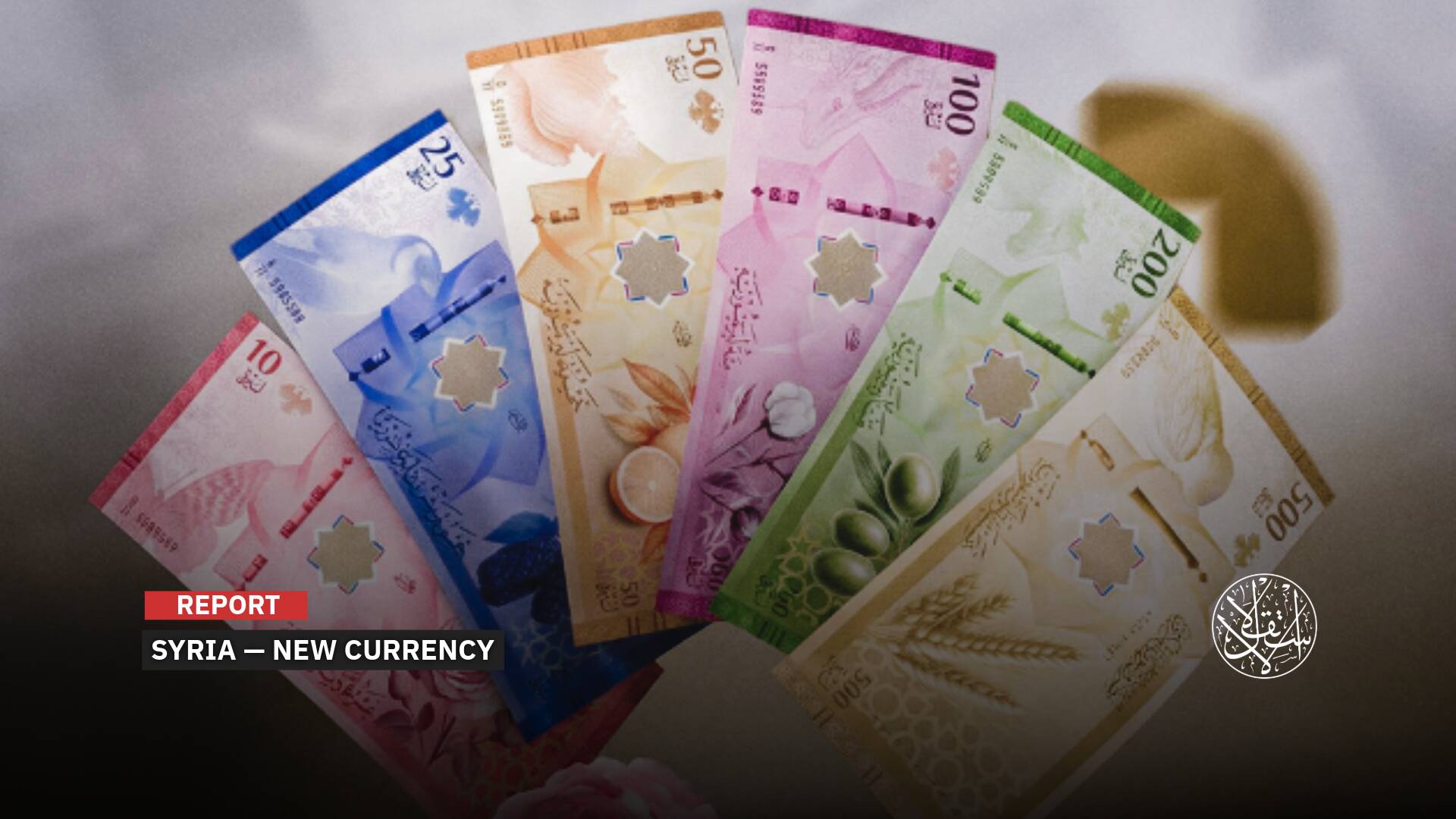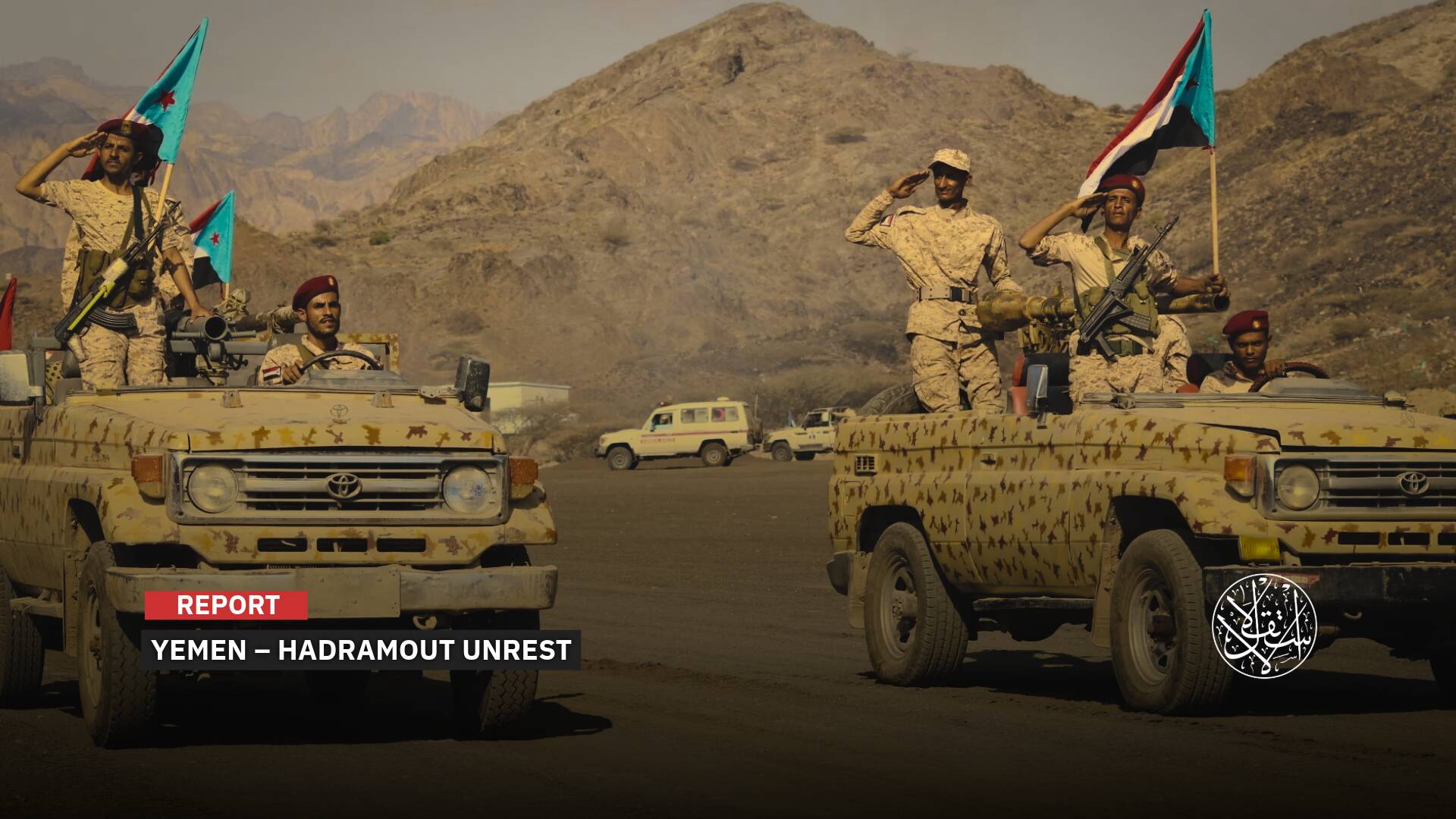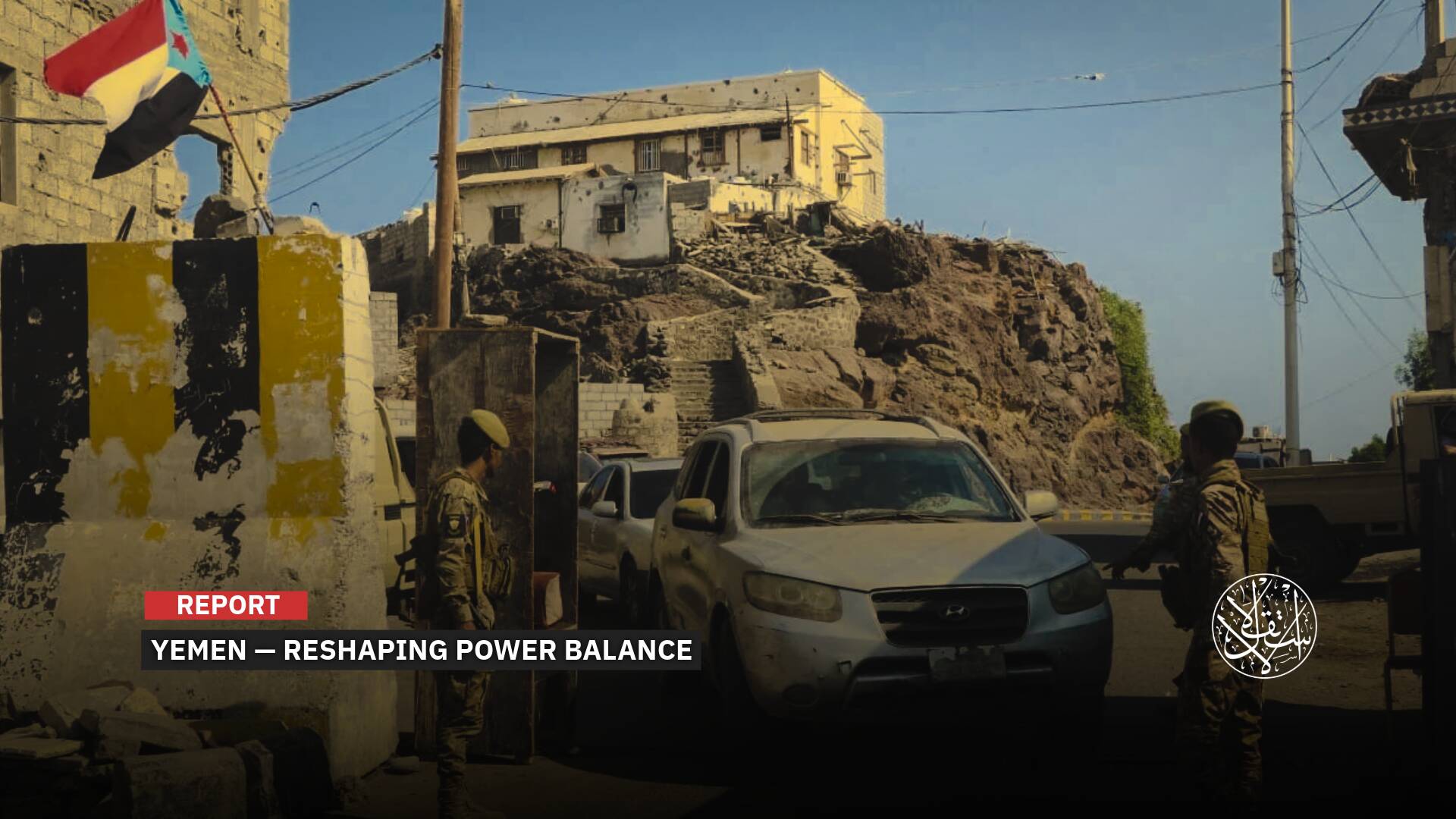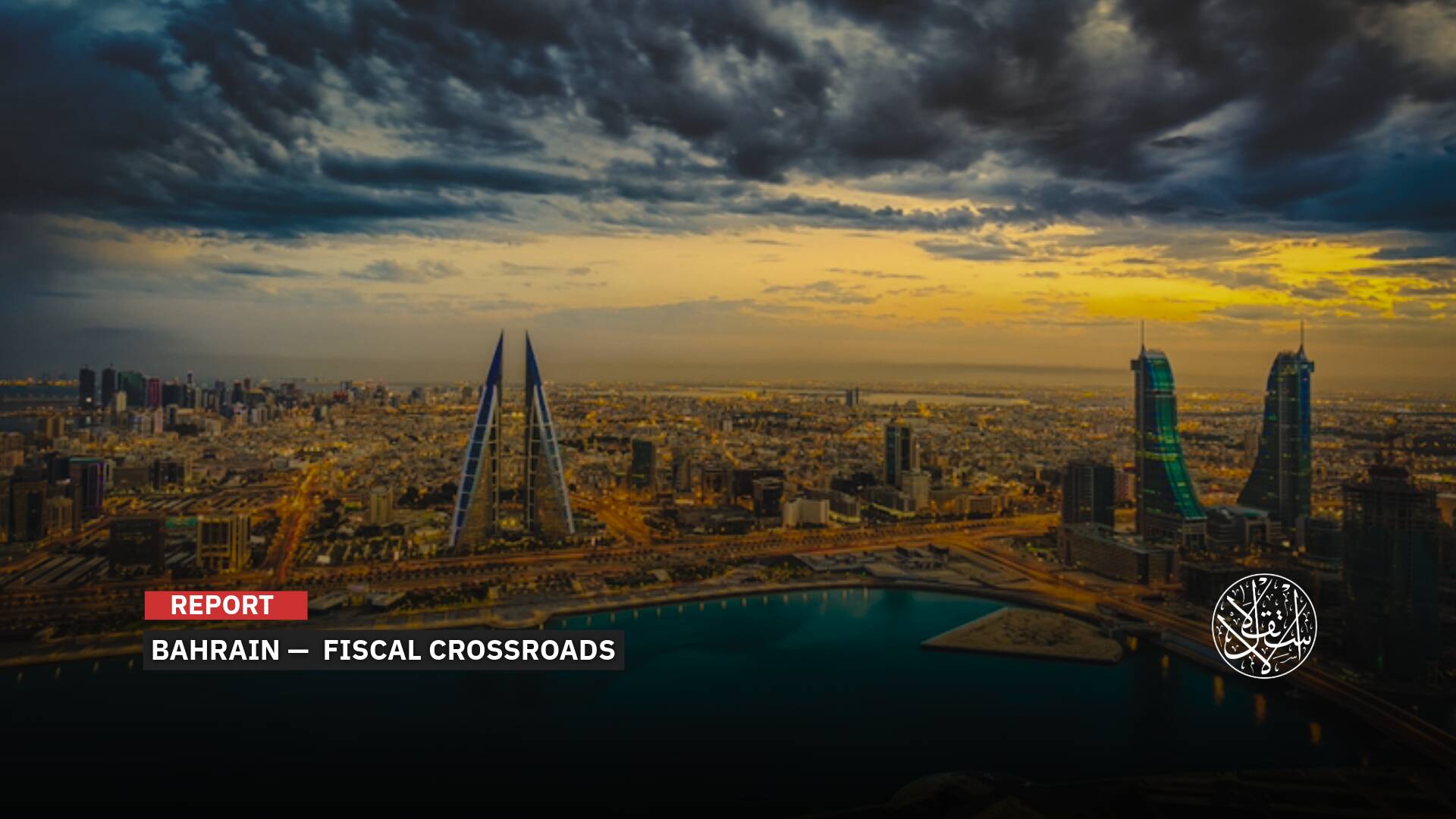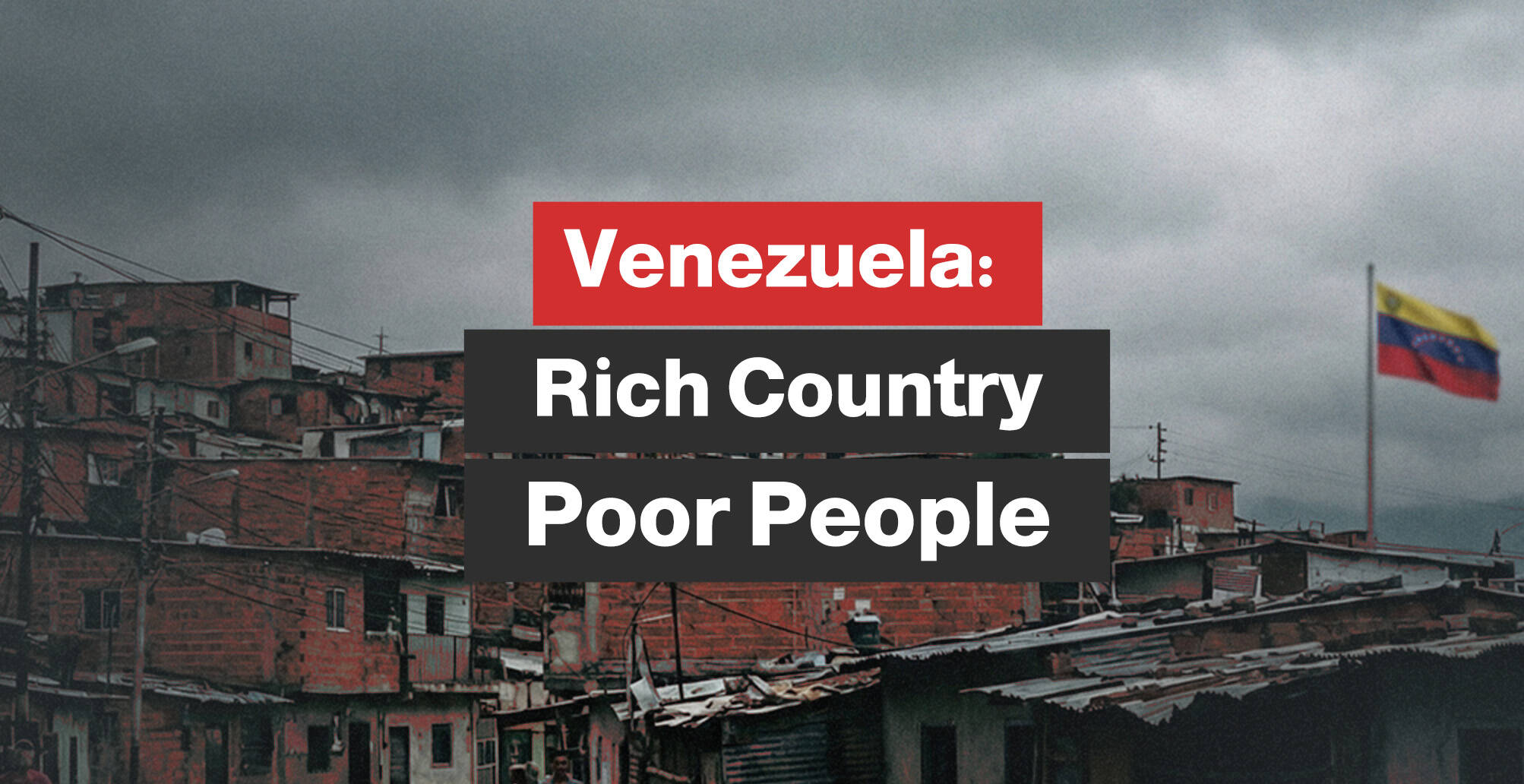Crisis in the Horn of Africa: Unraveling the Declining Relations Between Ethiopia and Djibouti

Addis Ababa cannot afford to forgo the Port of Djibouti.
The Horn of Africa is often referred to in Western political circles as the "new Yugoslavia" due to its resemblance to the "Balkanization" that occurred in the Balkans during the conflicts and wars of the 1990s.
The Horn of Africa, a strategic and vital region for international trade via the Red Sea and the Suez Canal, includes Eritrea, Ethiopia, Djibouti, and Somalia. It is one of the most contested regions for influence among global and regional powers.
Geography plays a crucial role in this area. Ironically, Ethiopia, the largest and most populous country with the strongest military, is landlocked and needs a maritime outlet.
In contrast, the other countries—Eritrea, Djibouti, and Ethiopia’s main rival, Somalia—all have access to strategic waterways, namely the Red Sea and the Indian Ocean, with the Bab al-Mandab Strait between them.
This geographical reality has compelled Addis Ababa to seek alliances and agreements while remaining vigilant and prepared for conflict whenever its interests are threatened.

Escalating Tensions
On May 6, 2024, Africa Intelligence reported that a joint ministerial committee meeting between Ethiopia and Djibouti failed to yield any significant breakthroughs to improve the deteriorating relations between the two countries.
The meeting, attended by the Ethiopian Minister of Transport Alemu Sime and Djibouti's Minister of Infrastructure and Equipment Hassan Houmed, was an opportunity to restart dialogue between the neighbors whose relations have significantly worsened in recent months.
The crisis began when Ethiopia, the most populous landlocked country in Africa, planned to diversify its supply routes to reduce dependence on Djibouti.
Ethiopia aimed to attract the attention of international development partners and Gulf countries, which vie for influence in the region, by establishing future land transport corridors.
Africa Intelligence highlighted that regional economic integration in the Horn of Africa, bolstered by infrastructure networks linking Ethiopia with its neighbors—Djibouti, Somalia, Eritrea, Uganda, Kenya, South Sudan, and Sudan—draws particular interest from international development partners.
These institutions see enhanced economic exchanges as a route to stability in East Africa, a region frequently beset by geopolitical tensions.
During his famous speech to the Ethiopian Parliament in October 2023, Ethiopia’s Prime Minister Abiy Ahmed raised eyebrows in the region and beyond by forcefully asserting that gaining low-cost, permanent access to a Red Sea port is “an existential matter” for his landlocked country.
“By 2030 [the population of Ethiopia] will be 150 million,” he said in a televised address to parliament. “A population of 150 million can’t live in a geographic prison.”
Abiy Ahmed emphasized that his country will break all barriers and bridges to reach the sea.
Although he mentioned accessing the sea through Eritrea, Somalia, or Djibouti, in January 2024, he surprised everyone by ignoring these governments and signing a memorandum of understanding (MOU) with the unrecognized Republic of Somaliland, creating significant tensions with its neighbors, including Djibouti.
Djibouti holds a special and strategic place in Ethiopia's foreign relations as Addis Ababa cannot afford to forgo the Port of Djibouti.
Its importance lies in its connection to the Dire Dawa road, a project since 2021, supported by the African TradeMark organization, the World Bank, the French Development Agency, and the European Union. This $35.5 million project connects the Port of Djibouti with the Galafi center near the Ethiopian border.
Currently, 90% of Ethiopia's trade passes through this border center.
Djibouti's Importance
However, these advantages are also a source of tension. Initially, the plan was to create a corridor management authority to coordinate various projects supported by the World Bank, the French Development Agency (AFD), the European Union, and the African Development Bank.
Currently, three authorities are being formed: one for the Djibouti-Ethiopia corridor, another for the corridor linking the Port of Berbera in Somalia to Addis Ababa, and a third for the transport corridor from Lamu Port to South Sudan and Ethiopia, which carries goods from the Kenyan coast to Ethiopia and South Sudan.
In August 2023, the World Bank approved a $730 million grant to develop the Djibouti-Addis Ababa Road, an exceptional amount for this type of funding.
The road passes through the Dewele border center and Dire Dawa in Ethiopia, 180 kilometers from the Djibouti border.
The main goal is to improve the road between Mieso and Dire Dawa to avoid mountainous terrain and facilitate Ethiopia's access to the sea, making Djibouti Ethiopia's primary gateway to maritime trade routes.
Dire Dawa, located on the border between Ethiopian Somali and Oromia regions, is set to play a crucial role in connecting the country to Berbera in Somaliland.
DP World UAE, which operates the Port of Berbera, is considering investments in logistics, container depots, and free zone management. However, the project faces hurdles due to profit repatriation issues and chronic foreign currency shortages in Ethiopia.
In 2021, DP World and Ethiopia signed an MoU committing $1 billion to the corridor. One avenue being explored is the Ethiopia-Djibouti Railway, owned 75% by Ethiopia and 25% by Djibouti. Addis Ababa is considering extending the railway to Berbera, with feasibility studies conducted but lacking necessary funding.
The enhancement of the Berbera-Addis Ababa route hinges on a customs agreement, eventually governed by a corridor management authority. A technical committee, led by Ethiopia's Maritime Authority and its Somaliland counterpart, has been drafting the document, causing friction with Djibouti.
LAPSSET Corridor
Ethiopia is gradually developing the Galafi crossing, but the Djiboutian side remains underdeveloped due to funding shortages. The region has about nine corridors in need of similar studies to attract investment.
As the program involves multiple countries, a regional approach via IGAD (Intergovernmental Authority on Development, headquartered in Djibouti since 1996) is being used. Kenya is promoting the LAPSSET Corridor (Lamu Port-South Sudan-Ethiopia Transport Corridor), starting from the future Lamu Port in northeastern Kenya, near the Somali border, and splitting in central Kenya to connect Addis Ababa and South Sudan.
Though the LAPSSET project stalled after its initial phase in the early 2000s, it was relaunched this year as Ethiopia sought alternatives to the Djibouti corridor.
In March 2024, Ethiopian Prime Minister Abiy Ahmed received a warm welcome in Nairobi, where he agreed with Kenyan President William Ruto to enhance regional security. A key point in the agreement was the Kenyan Ports Authority's proposal to facilitate customs processes for Ethiopian businesses.
Kenyan, Ethiopian, and South Sudanese representatives held an initial joint technical committee meeting on this matter in Nairobi in January 2024. The project's estimated cost of $16 billion remains a challenge due to funding issues, but it has already unsettled Djibouti.

However, a pivotal issue in the complex relationship between the two countries is Ethiopia's frustration with Djibouti's hefty customs fees.
The signing of a Memorandum of Understanding in early January 2024 between Ethiopian Prime Minister Abiy Ahmed and Muse Bihi, President of the self-declared Republic of Somaliland, added another obstacle to regional integration projects, particularly between Ethiopia and Djibouti.
The agreement grants Ethiopia access to the Port of Berbera in Somaliland in exchange for recognizing Somaliland's independence.
Abiy Ahmed expressed anger over the $1.5 billion in annual customs fees that Ethiopia has to pay Djibouti. This MoU followed significant disputes between Addis Ababa and Djibouti over customs issues.
Djibouti regularly accuses the Ethiopian Shipping and Logistics Services Enterprise (ESLSE), a state-owned enterprise in Ethiopia, of non-payment or delayed payments.
Djibouti's Plans
On February 29, 2024, Deutsche Welle (DW) published a report on the competition between Djibouti and Ethiopia, noting that Addis Ababa’s desire for sea access aligns with Djibouti’s plans to reduce its economic reliance on Ethiopian imports.
The small republic, whose GDP heavily depends on transport services to its neighbor, recently acquired four new cranes suitable for large container ships, positioning itself as a transshipment hub for smaller regional ports.
The MoU between Ethiopia and Somaliland has reshaped alliances in the region and with other influential powers in the Horn of Africa.
According to DW, opponents of the agreement, responding to the formation of a bloc comprising Ethiopia, Somaliland, and the UAE, sought support from Saudi Arabia, whose relations with Abu Dhabi have soured due to competition for influence in the Horn of Africa and the Middle East.
Consequently, a bloc consisting of Somalia, Djibouti, and Saudi Arabia is now forming under Cairo’s eyes, which has historically had challenging relations with Ethiopia.

In the same vein, Saudi Arabia continues to invest in the Horn of Africa. Despite having a foothold in Ethiopia, there are several disagreements between the two countries over migration issues.
This has led to a strong alignment between Djibouti and Saudi Arabia in recent years, aimed at countering UAE influence and balancing regional power against Ethiopia.
In 2022, Djibouti opened an embassy in Saudi Arabia, inaugurated by President Ismail Omar Guelleh.
That same year, the two countries also signed a maritime transport cooperation agreement to facilitate the movement of goods.
Relations between Djibouti and Somalia are also strengthening. In February 2024, a delegation of experts from Djibouti's Ports and Free Zones Authority visited the Somali coastal city of Hobyo. Djibouti aims to assist Somalia in building a deep-water port; all these steps constrain Ethiopia, exacerbating tensions between the neighbors.


